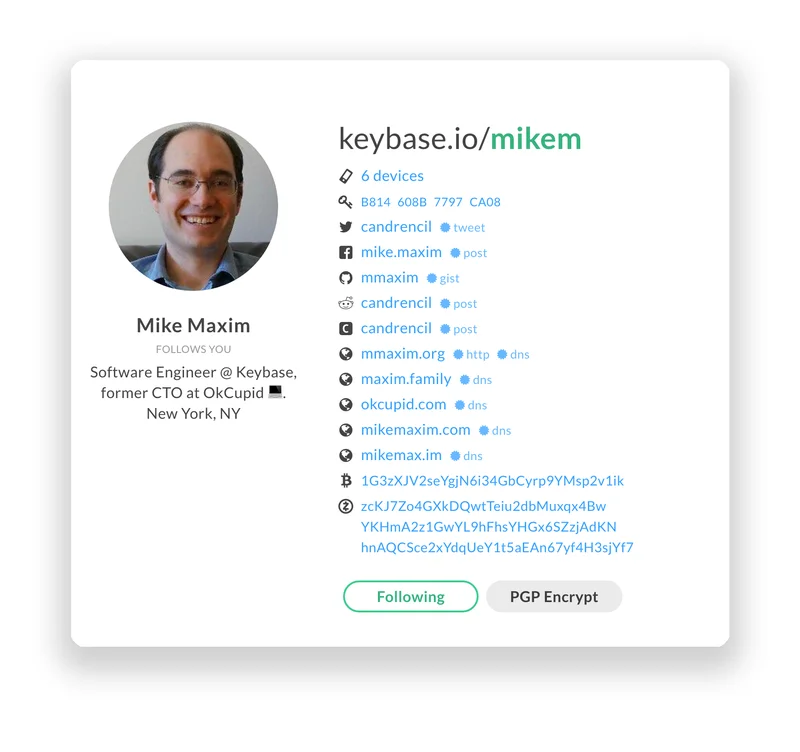Binance Pulse | BNB Price Trends
Binance Pulse | BNB Price Trends
Zcash (ZEC) is making headlines again, surging past $600 for the first time since 2018. The stated reason? Renewed interest in privacy, fueled by concerns over Bitcoin's increasing centralization and, ironically, corporate adoption. A quick look at CoinGecko confirms the price action: a tenfold increase in just five weeks. But is this surge a genuine reflection of privacy's value, or just another crypto bubble inflated by hype?
It's easy to get swept up in the narrative. The Zcash Foundation, according to its executive director Alex Bornstein, claims the resurgence is organic, driven by discontent toward government overreach. Ran Neuner of Crypto Banter even calls it "the most exciting thing happening in crypto right now," drawing parallels to Bitcoin's early days. These are strong words.
But let's inject some data-driven skepticism. The article mentions "$51 million in short liquidations" triggered by the price spike. Liquidations aren't a sign of organic growth; they're a sign of leveraged bets gone wrong, creating a cascade effect that amplifies volatility. It's a self-fulfilling prophecy where rising prices force shorts to cover, further driving up prices.
And while Zcash boasts a market cap of around $11 billion, it's still dwarfed by Bitcoin's. This means relatively small amounts of capital can have a disproportionate impact on its price. Put simply, it's easier to pump a smaller coin.

The timing is also suspect. The surge coincides with the sentencing of Keonne Rodriguez, a developer of the Bitcoin privacy app Samourai Wallet. It's a convenient narrative: government cracking down on privacy, Zcash to the rescue! But correlation isn't causation.
The core argument for Zcash rests on its privacy features, specifically zero-knowledge proofs that "shield" transactions. But how many Zcash transactions actually utilize these features? Data on shielded vs. transparent transactions would be crucial here, but is conspicuously absent from the articles. (And this is the part of the analysis where I get genuinely suspicious).
Anecdotally, I've seen numerous discussions on Crypto Twitter questioning whether a "coordinated effort or marketing campaign" is behind the ZEC pump. While Bornstein denies any involvement from the Zcash Foundation, the sheer volume of endorsements from prominent crypto commentators is, shall we say, noteworthy. It's impossible to quantify the impact of these endorsements precisely, but it's safe to assume they played a significant role.
So, what's the real driver here? Is it a genuine belief in privacy, or is it the fear of missing out (FOMO) fueled by a carefully crafted narrative and amplified by social media? My analysis suggests the latter plays a larger role than many are willing to admit.
The privacy narrative is compelling, but the data suggests that Zcash's recent surge is driven more by speculation and coordinated hype than a fundamental shift in market sentiment. And while privacy is a noble goal, it's worth remembering that every crypto pump eventually ends, leaving latecomers holding the bag.